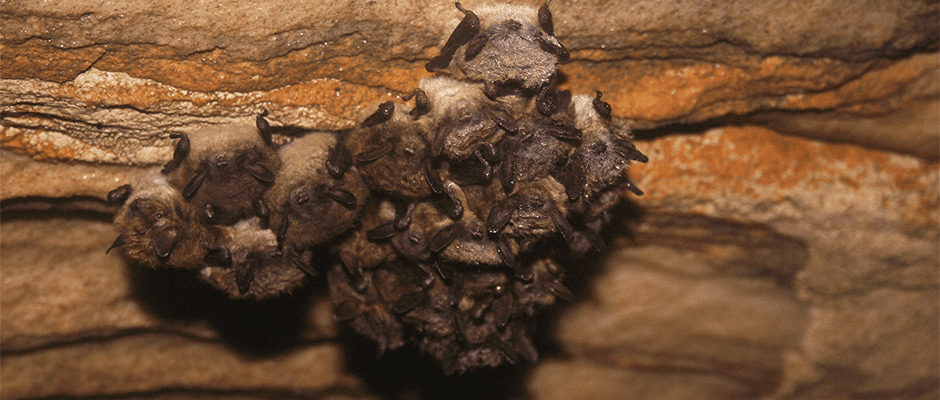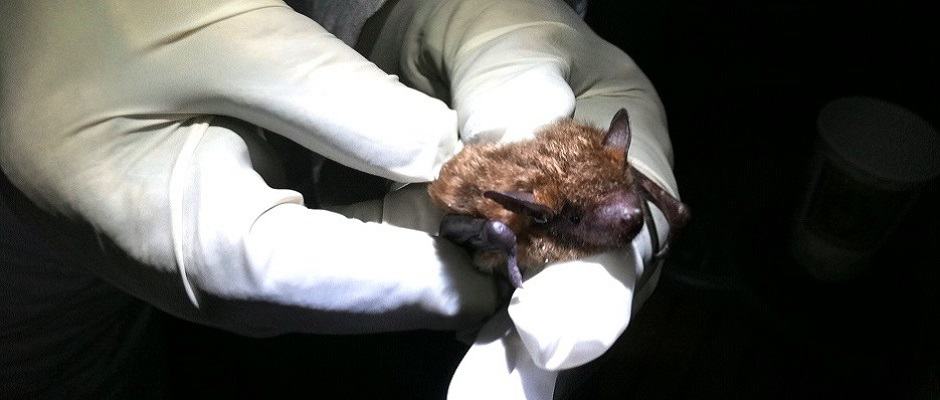- News
-
-
-
-
-
Latest News Articles
- 2024 TWS Elections: Canadian Representative April 18, 2024
- Gentrification brings more wildlife to urban areas April 18, 2024
- Oil and gas development, tree cover not good for pronghorn productivity April 17, 2024
-
-
-
- Wildlife Professional Resources
-
- Our Network
-
- PUBLICATIONS
-
-
Recent Posts
-
 The Wildlife Professional November/December Issue
November 1, 2023
The Wildlife Professional November/December Issue
November 1, 2023
-
-
-
-
-
-
- Wildlife Events
-
-
-
Upcoming Webinars
- No Events
-
-
-
- Who We Are
-
Tag: DNA sequencing

May 16, 2018
Rare cuckoo bee’s known range expands in Canada
Like the cuckoo bird, the rare macropis cuckoo bee (Epeoloides pilosulus) sneaks its eggs into the nests of another species and lets the unwitting host raise its young. While news...

March 16, 2017
Mystery of WNS spread solved using DNA sequencing
In March 2016, a little brown bat found sick near North Bend, Washington, tested positive for white-nose syndrome (WNS), an invasive disease caused by the fungus Pseudogymnoascus destructans, or Pd....

August 22, 2016
White-nose fungus in Washington state likely originated in eastern US
This past spring, white-nose syndrome, a disease that’s caused the death of over 5 million bats in the U.S. so far, jumped from the eastern U.S., where it had originally...

